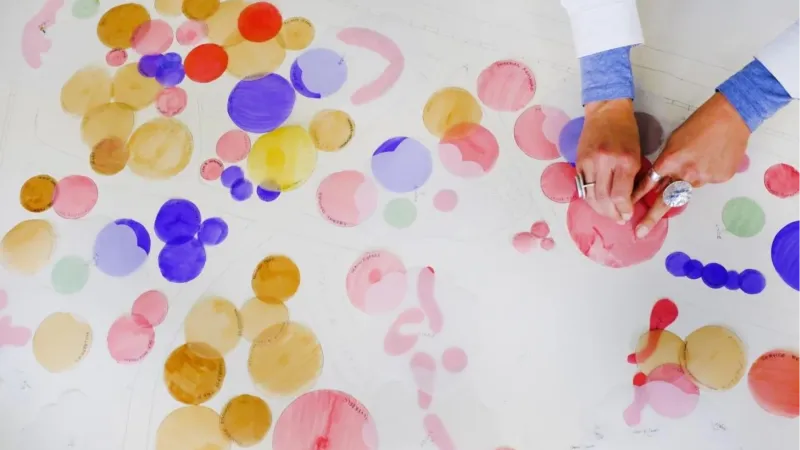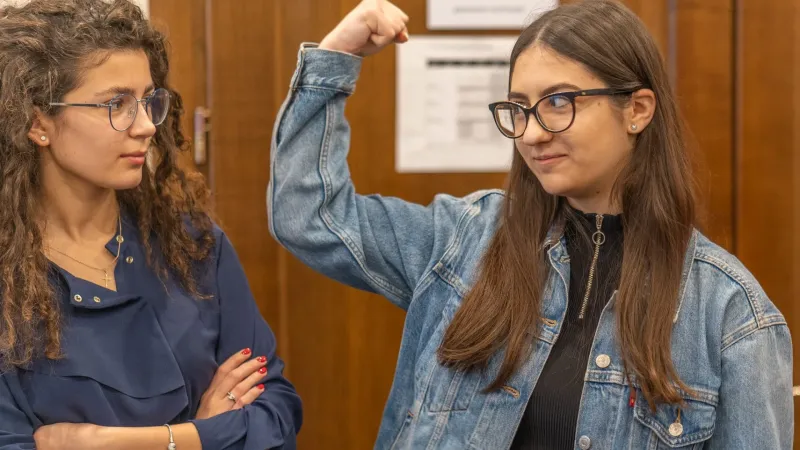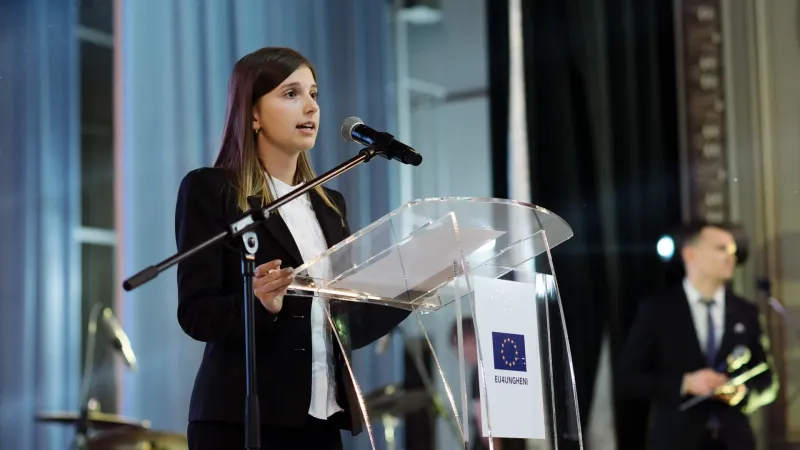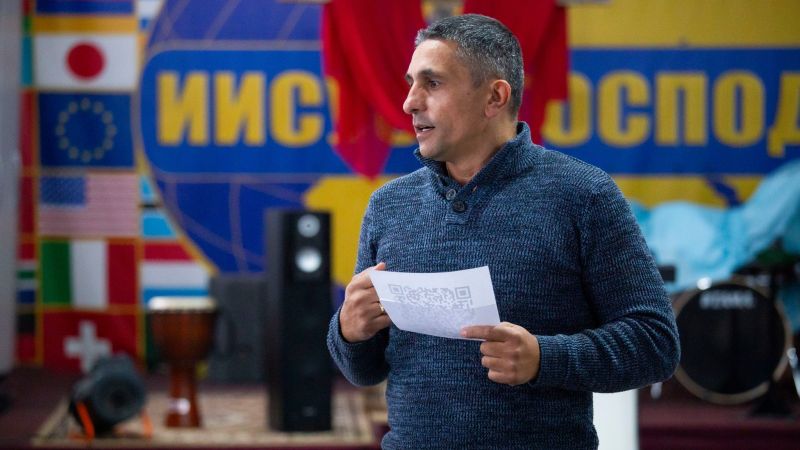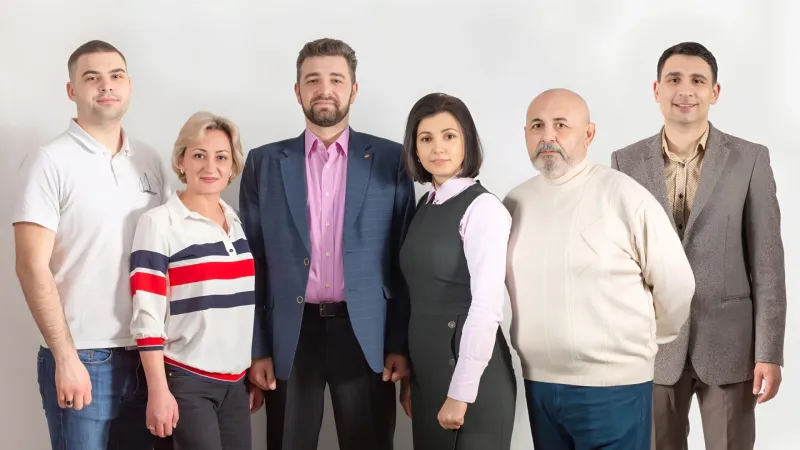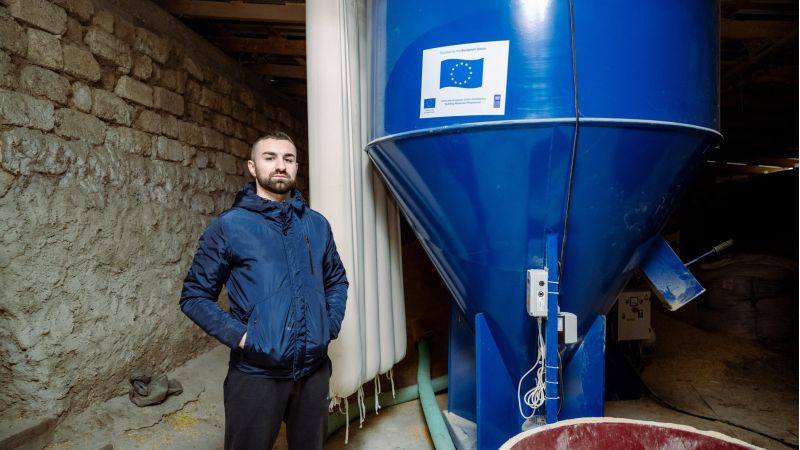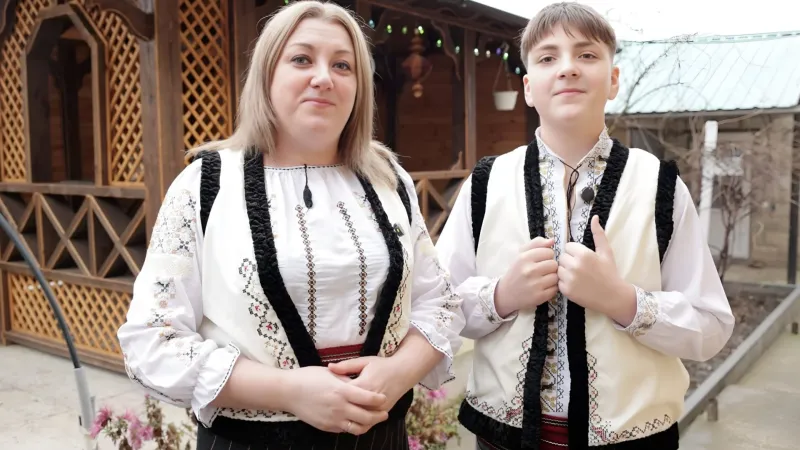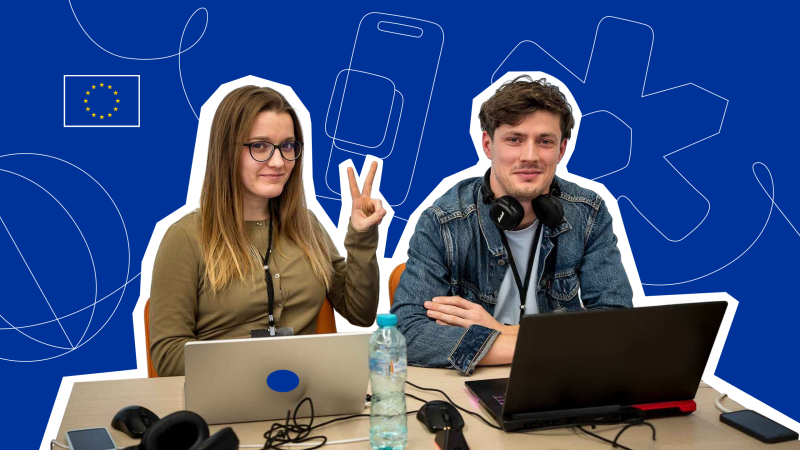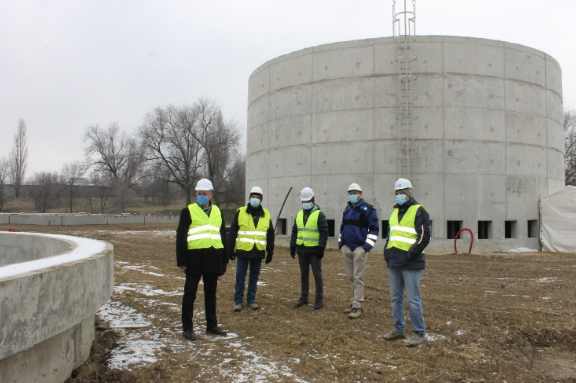
Consolidarea infrastructurii de alimentare cu apă şi canalizare în oraşul Cantemir cu sprijinul Uniunii Europene
PARTEA II a proiectului Dezvoltarea Zonelor Rurale din Republica Moldova (DevRam) continuă să lucreze la construcţia Staţiei de epurare a apelor uzate şi a reţelei de canalizare, pentru ca acestea să fie finalizate în vara anului 2021.
Pe 18 februarie 2021 a avut loc o vizită de monitorizare în teren pentru a inspecta progresul lucrărilor de către reprezentanţii Agenţiei Austriece pentru Dezvoltare, dl Gunther ZIMMER, şeful biroului ADA Moldova, primarul din Cantemir, dl Roman CIUBACIUC şi managerii de proiect din partea companiei de construcţii, împreună cu inginerul de supraveghere. Vizita a avut drept scop controlul progresului lucrărilor efectuate şi a planului de punere în funcţiune a instalaţiilor din cadrul proiectului, care este prevăzut pentru vara anului 2021.
În ultimele luni, proiectul a continuat lucrările de construcţie, iar gospodăriile au fost conectate preliminar la reţeaua de canalizare. Principalele rezultate obţinute până la 31 ianuarie 2021: • Finalizarea tuturor lucrărilor civile principale ale staţiei de epurare a apelor uzate şi începerea instalaţiei mecanice şi electrice, care a fost realizată la un progres de 71%. • Peste 51% din reţeaua de canalizare a fost construită. Din aceasta: lungimea ţevilor – 12.905 m (73% din total), 511 cămine de vizitare instalate (71% din total), 157 racorduri de canalizare au fost finalizate preliminar (38% din total). • Au fost implementate mai multe activităţi pentru a gestiona şi îmbunătăţi comunicarea internă şi externă a proiectului. Oficialii şi beneficiarii comunităţii locale sunt pe deplin implicaţi în proiect, prin creşterea gradului de conştientizare în domeniul aprovizionării durabile cu apă şi eliminării sigure a apelor uzate.
Pe 19 februarie 2021, a avut loc o inaugurare similară la Râşcani. A fost reutilat atelierul mecanic al specialităţii „Maşini şi aparate în industria alimentară” al Colegiului Agroindustrial din Râşcani.
În cadrul evenimentului au fost nominalizaţi şi premiaţi cei trei elevi „Ambasadori soia”, câştigători ai unui concurs desfăşurat în cadrul proiectului ”DevRAM”, Partea I în toamna anului 2020, aceştia fiind încurajaţi să-şi promoveze ideile de cultivare şi producere de soia.
Noile oportunităţi de instruire practică le vor permite mai multor generaţii de elevi, viitori tehnicieni mecanici, să dobândească competenţe în conformitate cu cerinţele actuale ale pieţei muncii, ceea ce le va facilita integrarea profesională.
Nivelul de formare necesar pe piaţa muncii avansează constant. Acesta depinde de performanţa profesorilor, de programele şi instrumentele de formare, de mediul şi condiţiile de învăţământ. Datorită îmbunătăţirilor realizate cu sprijinul proiectului Uniunii Europene ”DevRAM”, Partea I procesul de formare iniţială şi continuă în învăţământul profesional tehnic agroalimentar va fi mult mai aproape de piaţa muncii pentru mii de elevi şi specialişti din domeniu.
Pe 26 februarie 2021, Institutul de Cercetare a Culturilor de Câmp „Selectia” şi altor 4 entităţi le-au fost donate echipamente performante
Proiectul a lucrat cu succes cu ICCC „Selectia”, prin Asociaţia Donau Soja, la transferul de cunoştinţe către fermieri prin platforme demonstrative organizate în comun şi zile ale câmpului, care au permis fermierilor să înveţe despre cele mai bune tehnologii disponibile în cultivarea soiei şi să identifice cele mai productive soiuri de soia disponibile pe piaţă. Echipamentul transferat include o maşină de semănat modernă „D 62 – SE” şi un set de echipamente de scanare rapidă a OMG-urilor şi micotoxinelor, care vor contribui la consolidarea capacităţilor sectorului de cercetare şi a producătorilor locali şi vor asigura procesul de însămânţare de bună calitate, vor asigura rezultate mai bune pe platformele demonstrative, împuternicind oamenii de ştiinţă şi cercetătorii locali să îmbunătăţească calitatea cercetării şi transferul de know-how către producătorii de soia.
Centrul de Excelenţă în Servicii şi Prelucrarea Alimentelor din Bălţi a primit un echipament performant.
O vizită de monitorizare a noului „Laborator al specialistului modern” a fost organizată de Centrul de Excelenţă în Servicii şi Prelucrarea Alimentelor din Bălţi. Laboratorul a primit un cuptor electric cu convecţie şi abur, un filtru de apă, un dospitor, un mixer planetar şi un cântar electronic. În plus, laboratorul va fi un spaţiu pentru cursuri de formare continuă, la care vor participa profesori din instituţiile ÎPT şi toţi cei interesaţi de creşterea profesională. Noile facilităţi de formare vor permite ca 150 de studenţi de la specialitatea „Tehnologia alimentară” şi 60 de studenţi de la specialitatea „Cofetar” să dobândească abilităţile practice necesare pe piaţa muncii, ceea ce le va facilita integrarea profesională viitoare.
Activităţile detaliate de mai sus au fost implementate prin proiectul finanţat de UE Dezvoltarea zonelor rurale din Republica Moldova (DevRam), Partea I.
